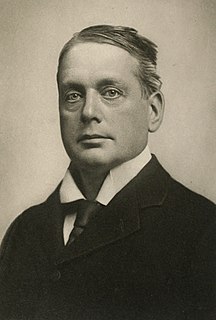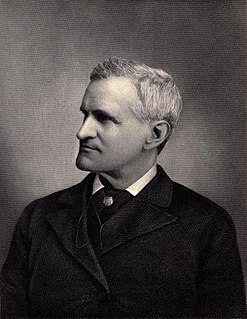A Quote by Thomas Paine
It is not the nature of avarice to be satisfied with anything but money. Every passion that acts upon mankind has a peculiar mode of operation. Many of them are temporary and fluctuating; they admit of cessation and variety. But avarice is a fixed, uniform passion.
Related Quotes
Almost all men are born with every passion to some extent, but there is hardly a man who has not a dominant passion to which the others are subordinate. Discover this governing passion in every individual; and when you have found the master passion of a man, remember never to trust to him where that passion is concerned.
The monk, the inquisitor, and the Jesuit were lords of Spain,- sovereigns of her sovereign, for they had formed the dark and narrow mind of that tyrannical recluse. They had formed the minds of her people, quenched in blood every spark of rising heresy, and given over a noble nation to a bigotry blind and inexorable as the doom of fate. Linked with pride, ambition, avarice, every passion of a rich, strong nature, potent for good and ill, it made the Spaniard of that day a scourge as dire as ever fell on man.
[Some] people really expect the passion of love to fill and gratify every need of life, whereas nature only intended that it should meet one of many demands. They insist on making it stand for all the emotional pleasures of life and art; expecting an individual and self-limited passion to yield infinite variety, pleasure, and distraction, and to contribute to their lives what the arts and the pleasurable exercise of the intellect gives to less limited and less intense idealists.




































